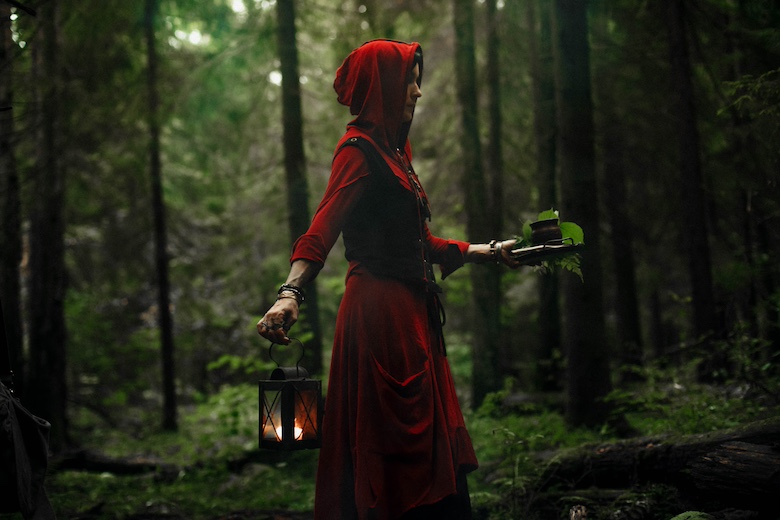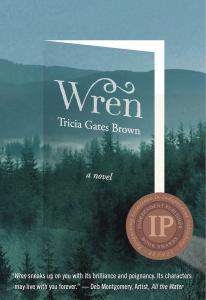
A courageous woman dousing a man’s head with perfume; a conniving betrayer; a feast; jealous officials; an angry mob and disappointing friends; the appearance of law enforcement; a streaker; a humiliation ritual and taunting soldiers; brave women; a crucifixion and mysterious tomb. The Palm Sunday lectionary passage (Mark 14:1-15:47) is thick with drama. The long narrative stands out among ancient tales for its detail and cohesiveness. Before anything else, it is great storytelling.
Why have we humans always told stories? It’s not just because they entertain us or because we want to pass on history. We tell stories because stories change us. The characters and lives we come to know through story form us into certain kinds of people. Story shows us who to be.
This past week I heard the story of a man who’d been rescued and taken in as a child when he was orphaned and threatened by war. As a grown man he was curious why certain people risked so much, risked their own lives, to take in and protect children like him. No one had to do this. So as a man, he researched the question. He found that people who risked themselves to help others had just one thing in common. It wasn’t religion, it wasn’t politics, it wasn’t wealth or poverty or any other demographic category. People who helped in a risky way did so because they believed that is just “who they are.” They did it because that is the kind of person they wanted to be. And who we are, what kind of person we want to be, depends so much on the stories we hear, what examples and characters we surround ourselves with through story.

Thoughtfully Chosen Stories
With the advent of platforms like television, home video and streaming, we have never had more story in our lives. We are surrounded by it. I relish stories in all of these forms. And the tales don’t just entertain me or distract me; they make me think. Stories determine who I will become.
It’s important then that we are mindful of story, both consciously connecting with a storytelling tradition, returning to it over and over and letting it shape us, but also being thoughtful about how entertainment shapes us. As we consume stories, we might ask who those stories are making us into. By this, I’m definitely not recommending moralism. Often I am more disturbed by a cartoon that carelessly promotes violence as a solution to all our problems than I am by dramas telling the full human story. In stories that are impactful, we fail each other, and each of us is an amalgam of dark and light. What I am saying is that we should pay attention to the subtexts of the stories we consume. Stories are creating us; they are having their way with us—especially when we consume them uncritically. Sometimes we may not see the effects until we are in crises and put to the test—and our “characters” play out our values on the stages of our own lives. Stories and characters matter. Are the stories we surround ourselves with making us more like the woman with the costly perfume, or more like Judas the betrayer?
Wren, winner of a 2022 Independent Publishers Award Bronze Medal
Winner of the 2022 Independent Publisher Awards Bronze Medal for Regional Fiction; Finalist for the 2022 National Indie Excellence Awards. (2021) Paperback publication of Wren , a novel. “Insightful novel tackles questions of parenthood, marriage, and friendship with finesse and empathy … with striking descriptions of Oregon topography.” —Kirkus Reviews (2018) Audiobook publication of Wren.















